 If you’ve been feeling easily annoyed, short-tempered, or emotionally overwhelmed, you're not alone—hormonal shifts during menopause can significantly impact mood. Not to worry, we’re here to help you understand why menopause-related irritability happens and, more importantly, how to manage it effectively.
If you’ve been feeling easily annoyed, short-tempered, or emotionally overwhelmed, you're not alone—hormonal shifts during menopause can significantly impact mood. Not to worry, we’re here to help you understand why menopause-related irritability happens and, more importantly, how to manage it effectively.

 Menopause is a natural phase of life, but it comes with a range of symptoms that can affect physical and emotional well-being. From hot flashes and sleep disturbances to mood swings and joint pain, many women seek natural ways to manage these challenges.
Hiking is a simple yet powerful activity that supports overall health during menopause. It combines movement, fresh air, and nature—offering a holistic approach to reducing symptoms and improving quality of life.
Menopause is a natural phase of life, but it comes with a range of symptoms that can affect physical and emotional well-being. From hot flashes and sleep disturbances to mood swings and joint pain, many women seek natural ways to manage these challenges.
Hiking is a simple yet powerful activity that supports overall health during menopause. It combines movement, fresh air, and nature—offering a holistic approach to reducing symptoms and improving quality of life.

 Menopause brings many changes to the body, and bladder health is no exception.
As estrogen levels decline, many women experience bladder issues such as urgency, leakage, and frequent infections. While these changes are common, they don’t have to be inevitable. By adopting the right habits, lifestyle adjustments, and natural remedies, you can support your bladder health and regain control.
Menopause brings many changes to the body, and bladder health is no exception.
As estrogen levels decline, many women experience bladder issues such as urgency, leakage, and frequent infections. While these changes are common, they don’t have to be inevitable. By adopting the right habits, lifestyle adjustments, and natural remedies, you can support your bladder health and regain control.

 Menopause is a natural phase of life, but it often comes with uncomfortable symptoms like fatigue, mood swings, and increased health risks.
One of the most overlooked factors in menopause wellbeing is nutrition, and potassium plays a key role in supporting heart health, bone strength, and energy levels. Many women experience hormonal changes that affect their body’s ability to regulate minerals, making potassium intake more important than ever.
Menopause is a natural phase of life, but it often comes with uncomfortable symptoms like fatigue, mood swings, and increased health risks.
One of the most overlooked factors in menopause wellbeing is nutrition, and potassium plays a key role in supporting heart health, bone strength, and energy levels. Many women experience hormonal changes that affect their body’s ability to regulate minerals, making potassium intake more important than ever.
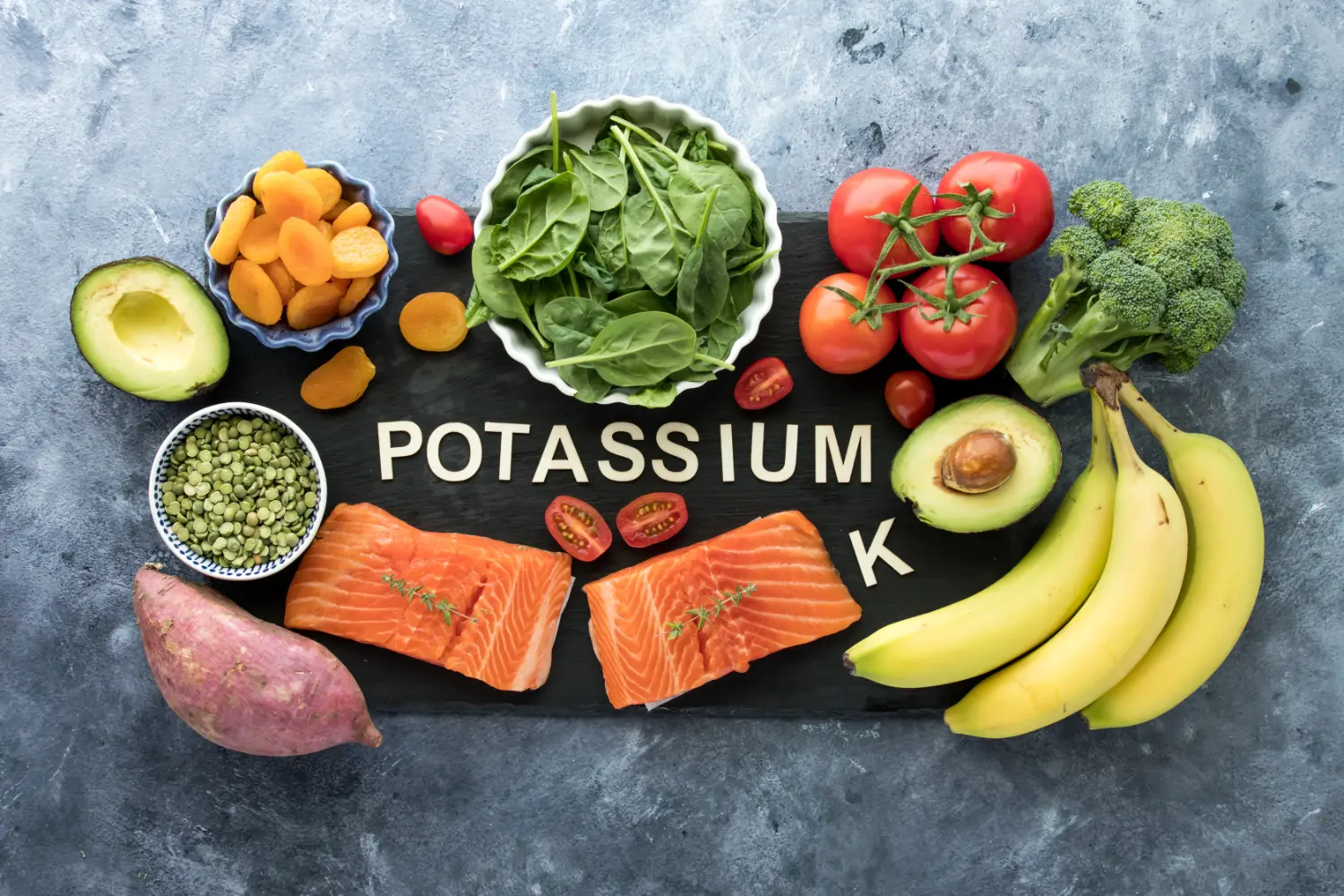
 Menopause brings many changes, and for many women, hair thinning is one of the most frustrating.
Hair can be such a big part of a person’s identity, so when it starts to appear finer, grows more slowly, or even sheds more than usual, you may feel inclined to panic. Now, while this can be distressing, the good news is that there are effective ways to manage menopause-related hair thinning and promote healthier, stronger strands.
Menopause brings many changes, and for many women, hair thinning is one of the most frustrating.
Hair can be such a big part of a person’s identity, so when it starts to appear finer, grows more slowly, or even sheds more than usual, you may feel inclined to panic. Now, while this can be distressing, the good news is that there are effective ways to manage menopause-related hair thinning and promote healthier, stronger strands.
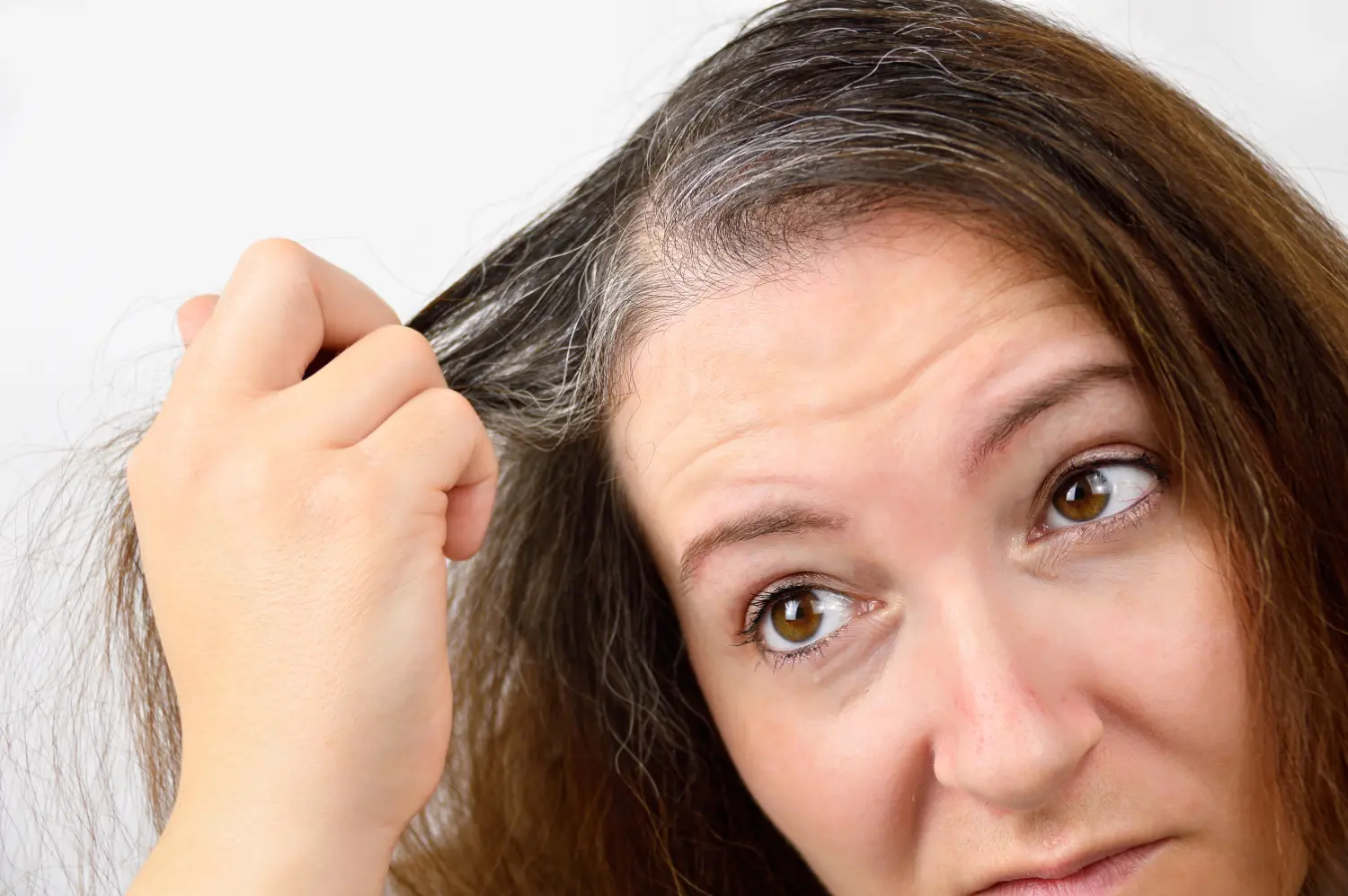
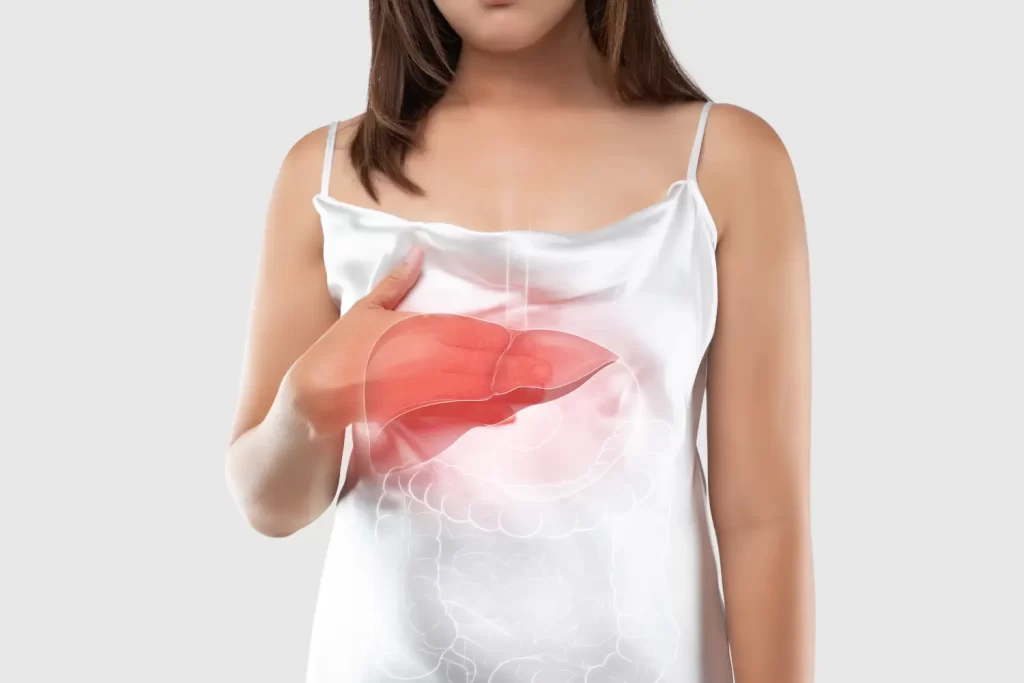 Menopause is a transformative phase in a woman’s life, but it also brings significant changes to metabolic health, including the function of the pancreas.
During menopause, women may experience blood sugar fluctuations, insulin resistance, and digestive issues, all of which are influenced by pancreatic function. Supporting the pancreas during menopause is essential for maintaining balanced blood sugar, reducing inflammation, and promoting overall metabolic health.
Menopause is a transformative phase in a woman’s life, but it also brings significant changes to metabolic health, including the function of the pancreas.
During menopause, women may experience blood sugar fluctuations, insulin resistance, and digestive issues, all of which are influenced by pancreatic function. Supporting the pancreas during menopause is essential for maintaining balanced blood sugar, reducing inflammation, and promoting overall metabolic health.
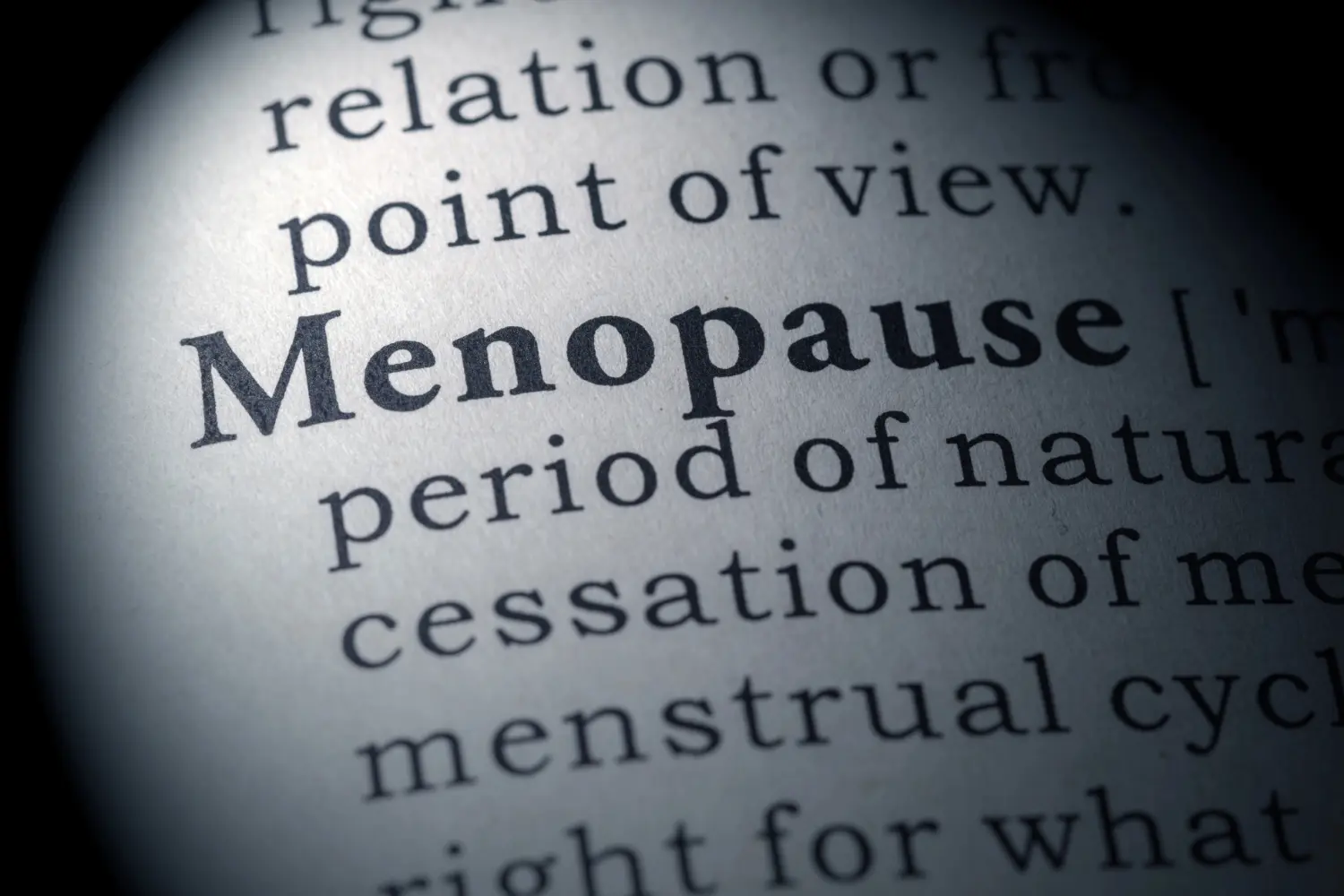
 Perimenopause is a natural transition, but it can bring emotional ups and downs that make staying positive a challenge.
As hormones fluctuate, many women experience mood swings, anxiety, and even feelings of frustration or sadness. While these changes can feel overwhelming, the good news is that there are practical ways to maintain a positive mindset and improve emotional well-being during this phase.
Perimenopause is a natural transition, but it can bring emotional ups and downs that make staying positive a challenge.
As hormones fluctuate, many women experience mood swings, anxiety, and even feelings of frustration or sadness. While these changes can feel overwhelming, the good news is that there are practical ways to maintain a positive mindset and improve emotional well-being during this phase.
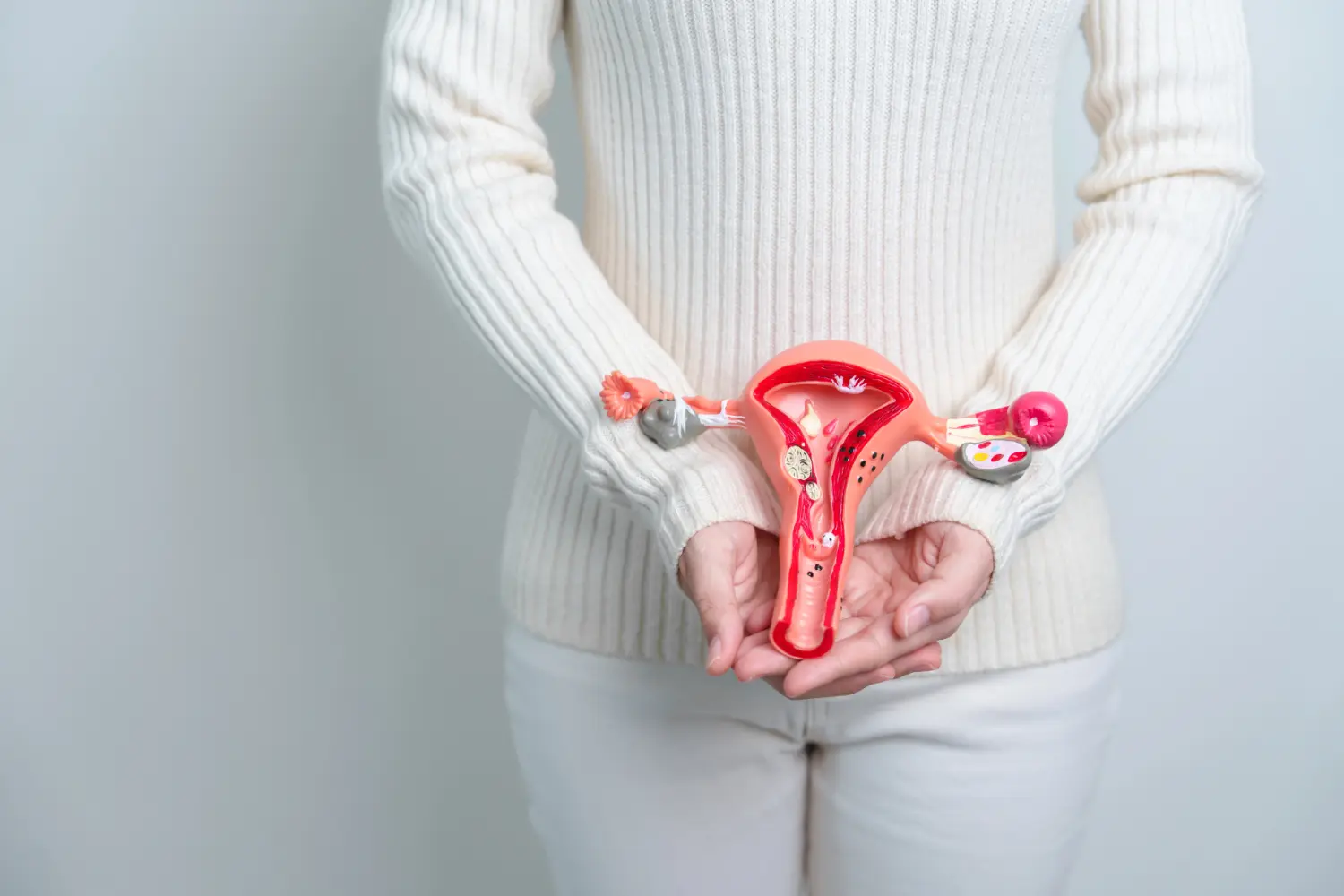
 Menopause is a natural transition in a woman's life, but it often comes with uncomfortable symptoms like joint pain, stiffness, stress, and sleep disturbances.
While many women turn to medication or supplements for relief, simple lifestyle changes—like incorporating a daily stretching routine—can make a significant difference in overall well-being. Stretching helps reduce stiffness, improve flexibility, and even support emotional balance during menopause.
Menopause is a natural transition in a woman's life, but it often comes with uncomfortable symptoms like joint pain, stiffness, stress, and sleep disturbances.
While many women turn to medication or supplements for relief, simple lifestyle changes—like incorporating a daily stretching routine—can make a significant difference in overall well-being. Stretching helps reduce stiffness, improve flexibility, and even support emotional balance during menopause.

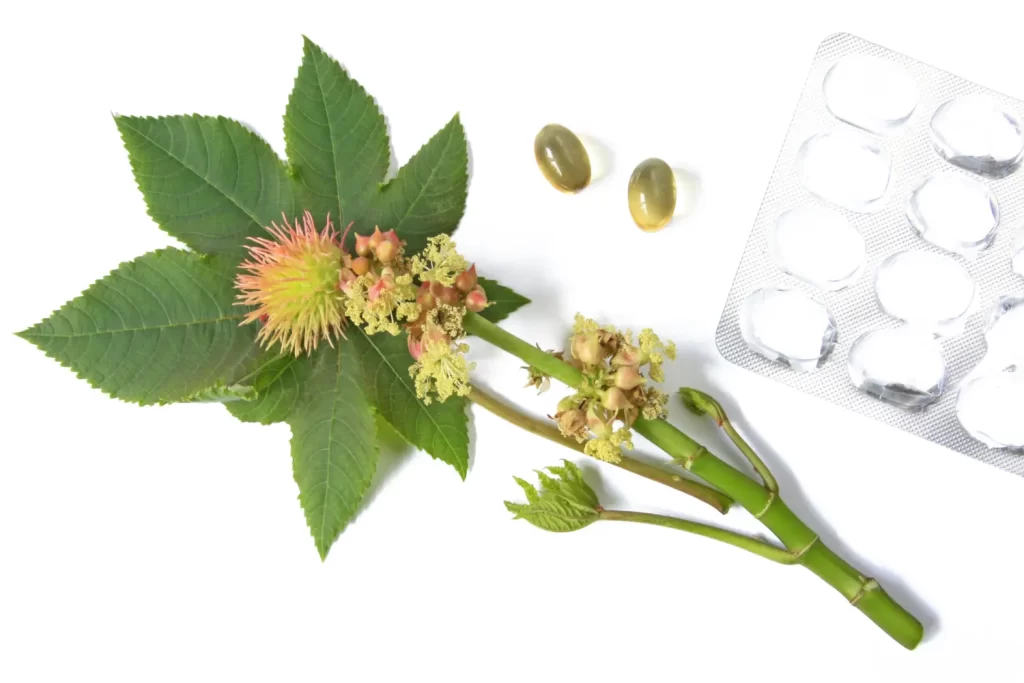 Menopause is a natural phase of life, but the emotional ups and downs can feel anything but normal.
As hormone levels fluctuate, many women experience mood swings, anxiety, and irritability—sometimes with little warning. While conventional treatments like hormone replacement therapy (HRT) exist, many women prefer natural remedies to support emotional balance without unwanted side effects.
Menopause is a natural phase of life, but the emotional ups and downs can feel anything but normal.
As hormone levels fluctuate, many women experience mood swings, anxiety, and irritability—sometimes with little warning. While conventional treatments like hormone replacement therapy (HRT) exist, many women prefer natural remedies to support emotional balance without unwanted side effects.
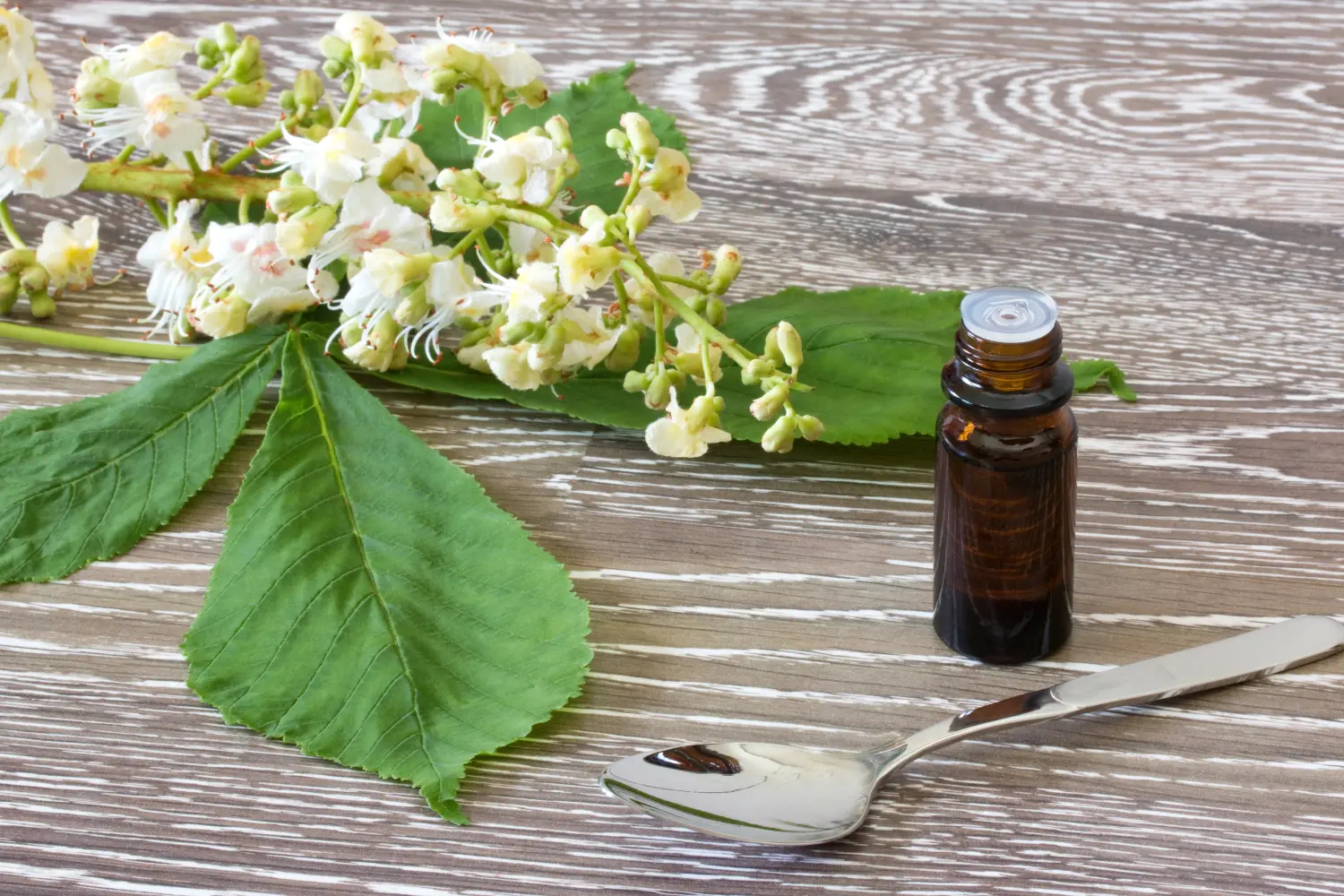
 Menopause is a natural transition in a woman’s life, but it often comes with unexpected emotional challenges, especially anxiety.
As hormone levels fluctuate, many women experience heightened stress, panic attacks, or persistent feelings of unease. Understanding the connection between menopause and anxiety is the first step toward finding effective solutions that bring relief.
Menopause is a natural transition in a woman’s life, but it often comes with unexpected emotional challenges, especially anxiety.
As hormone levels fluctuate, many women experience heightened stress, panic attacks, or persistent feelings of unease. Understanding the connection between menopause and anxiety is the first step toward finding effective solutions that bring relief.

Related Articles
* These statements have not been evaluated by the Food and Drug Administration. This product is not intended to diagnose, treat, cure or prevent any disease.